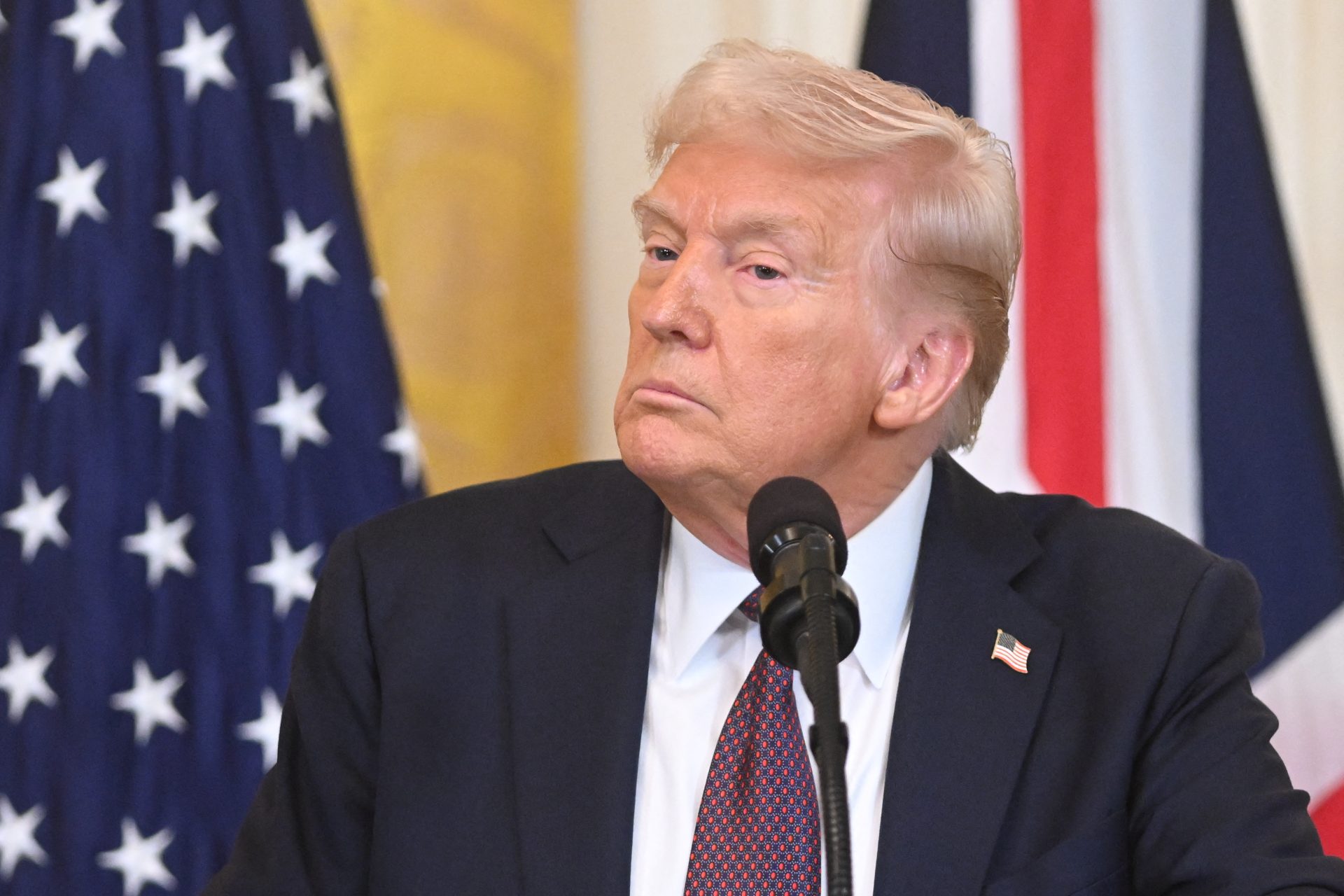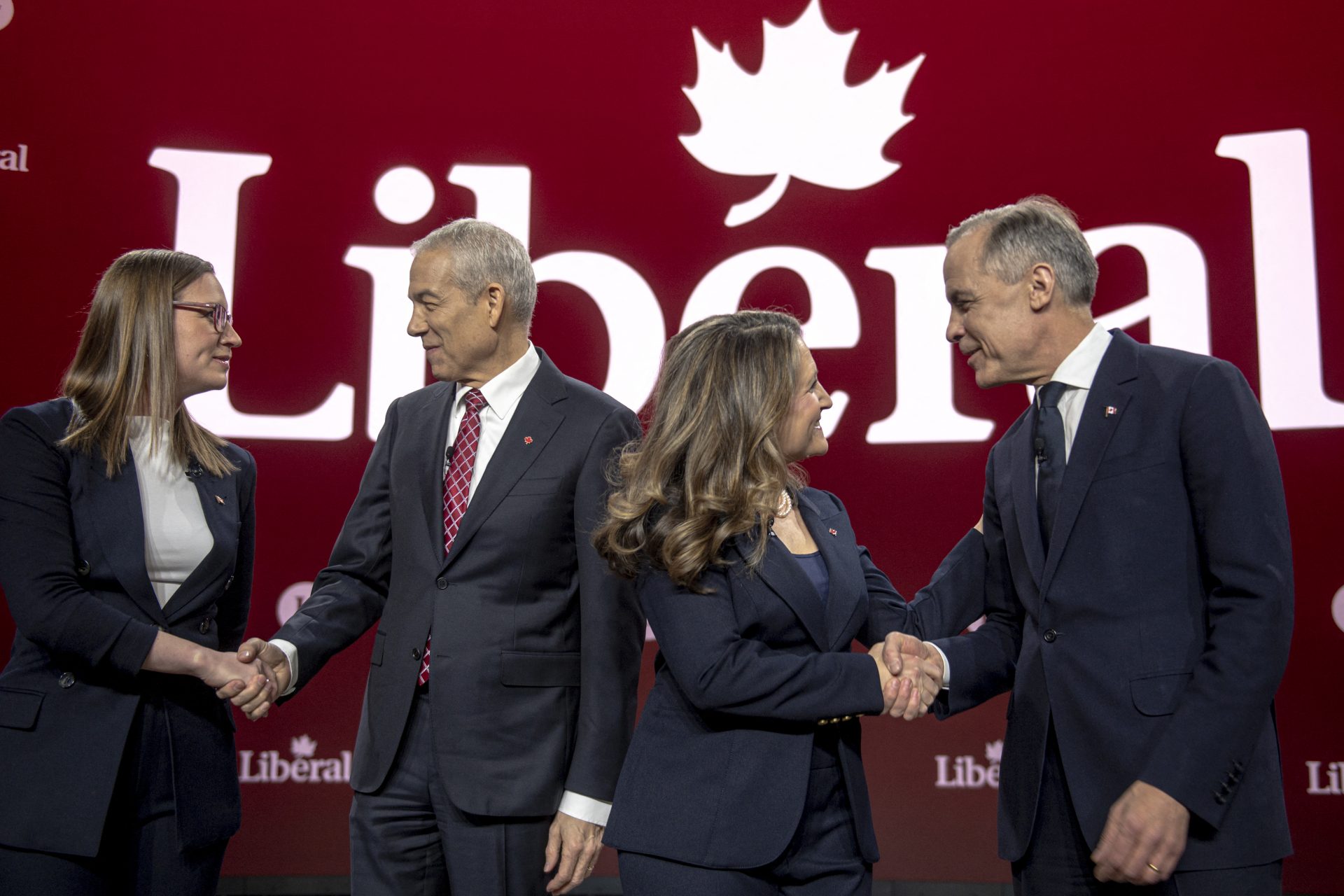Watch your mouth! Swear words have a bigger impact than you might think
There are many mundane things we take for granted that science doesn’t know how to explain. We don’t know why we laugh, we don’t know why we dream, and we don’t know why we swear. One thing is true: It feels so friggin’ good, and it might be more important than we think.
A study carried out by the website The Conversation went through over 100 academic papers on the subject of swearing and whether profanities shape the way we think.
Image: Toa Heftiba
The results, published by Lingua, show that swearing is markedly different from our everyday language with physiological, cognitive, emotional, and performative effects.
According to The Conversation, the act of swearing seems to be located in a part of the brain that is different from the rest that we use to process language.
Specifically, it seems that foul language activates parts of the limbic system that are part of the memory and emotion processing areas, which are harder to inhibit.
In some studies, expressing bad words seems to produce pain relief, leading to higher pain tolerance.
A few studies even reported increased physical strength after swearing!
Image: Vicky Sim / Unsplash
This would explain why some people who have suffered some sort of brain damage seem to have no problem remembering swear words.
After all, we know profanities draw more attention and are far more memorable. However, it can get in the way of the cognitive processing of other words, getting in the way of thinking, so to speak.
However, the study points out that that value is not intrinsic to the words themselves but rather the social significance we have granted to those words.
Swearing in a native language has more power, while using euphemisms or similar-sounding words seem to be no weight whatsoever. Foreign words we don’t know lack any power as well.
One theory is that this is related to adverse conditioning while growing up. Basically, by making these words forbidden during childhood, they end up carrying a strong emotional response.
Others hypothesize that, like music, these words deeply affect us during our adolescence. Particularly as we try to process new emotions and experiences.
However, there’s not enough evidence to make a credible connection between these developmental theories and using foul language in adulthood.
Finally, The Conversation wonders if swear words lose their power as profanity becomes more commonplace in our day-to-day life.
Or maybe, they will be replaced by other taboo words as happened in the past. After all, Shakespearean swearing would probably make your grandmother blush today!
More for you
Top Stories





























